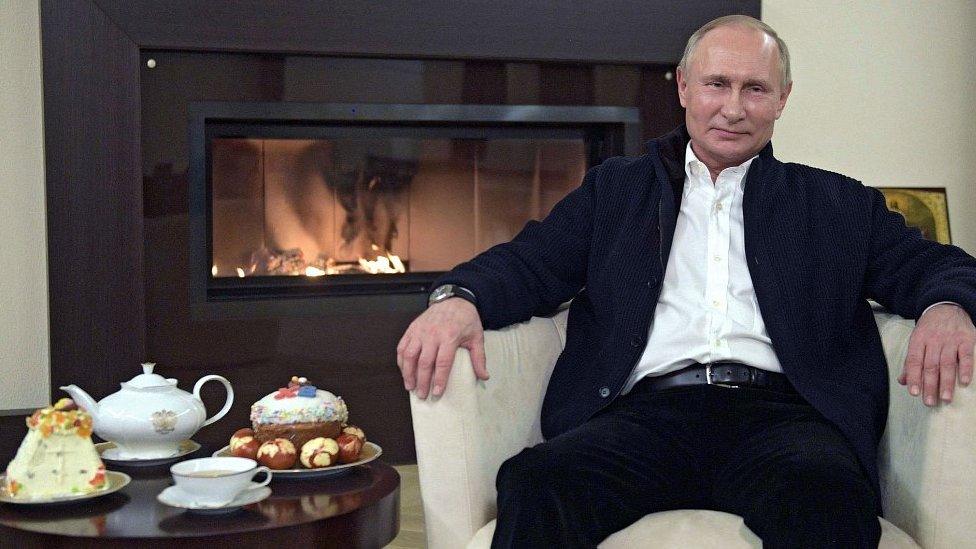Coronavirus: Russia now has second highest virus case total
- Published
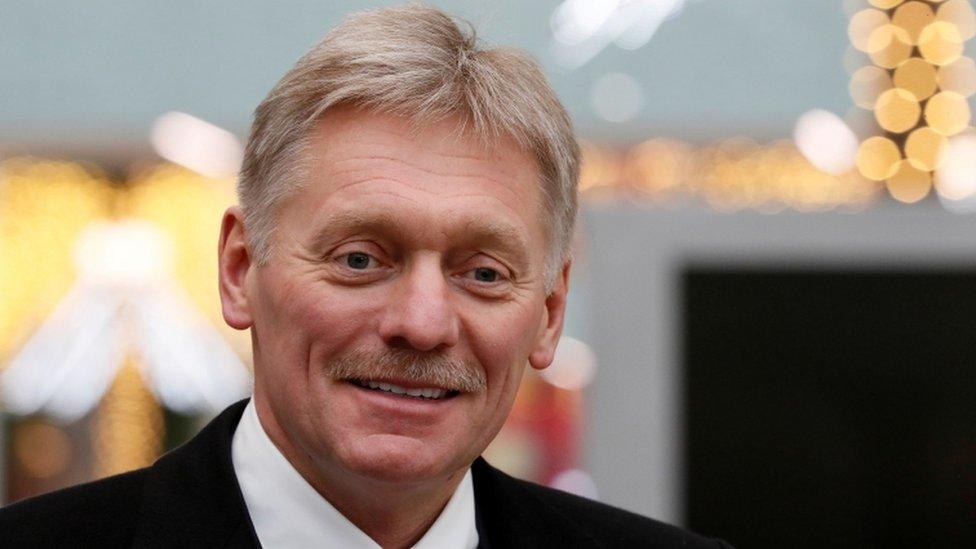
Dmitry Peskov, spokesman for Russian President Vladimir Putin, has now tested positive for the virus
Russia has confirmed 232,000 cases of coronavirus - the second highest toll in the world after the US.
In the last 24 hours the country has reported 10,899 infections, the tenth consecutive day that number has been above 10,000.
Among the infected is President Vladimir Putin's spokesman Dmitry Peskov, local media report.
He is the latest high profile official to test positive, after Prime Minister Mikhail Mishustin caught the illness.
The news comes the day after President Putin eased the country's lockdown. Factory and construction workers returned to work on Tuesday, though Mr Putin gave regions freedom to set restrictions depending on local circumstances.
Despite the high number of confirmed cases, Russia's death toll is only 2,116.
Government officials say the country's mass testing programme is responsible for that low mortality rate, but many believe the number is in fact far higher.
Meanwhile, authorities in St Petersburg have put out a fire in an intensive care unit, which killed five coronavirus patients and forced the evacuation of about 150 people.
What's the latest in Russia?
Local media reported on Tuesday that Mr Peskov - the presidential spokesman since 2012 - had tested positive for the virus and was now in hospital.
"Yes, I am sick. I am receiving treatment," news agencies quoted him as saying.
Prime Minister Mishustin tested positive for coronavirus two weeks ago. Since then, culture minister Olga Lyubimova has also been diagnosed with the virus, as has construction minister Vladimir Yakushev and one of his deputies.
Mr Peskov told TASS news agency that he last met President Putin in person more than a month ago. Mr Putin is working remotely from his residence outside the capital, and the Kremlin says his health is well protected.
The president announced the end of six weeks of "non-working days" in a televised address on Monday. Russians began returning to work on Tuesday morning.
President Putin said Russia's coronavirus "non-working' period" was coming to an end
The outbreak is far from over, the president warned, saying that "danger remains". But all sectors of the economy should begin to restart, he said - though local authorities could bring in tougher restrictions if needed to contain the spread of the virus.
Moscow is the epicentre of Russia's outbreak, accounting for more than half the country's cases and more than half its total death toll.
Last week Mayor Sergei Sobyanin extended the capital's lockdown until 31 May. Though construction and industrial workers must now return to work in the city, everyone must wear face masks and gloves in shops and on public transport.
Residents still cannot leave home unless to shop, work or walk the dog, and must have a digital permit to travel.
Mr Sobyanin has previously estimated that the capital may have more than 300,000 infections - about three times its current confirmed tally.
What's the latest around the globe?
The US now has more than 1.3 million confirmed cases according to the Johns Hopkins University coronavirus tracker - almost six times as many as any other country.
The number of coronavirus-related deaths in the US has now surpassed 81,000.
The UK has the highest number of such deaths in Europe with more than 32,000 but excess deaths - which include those indirectly caused by virus - top 50,000.
In other news:
France's death toll has overtaken Spain's, putting it only behind the US, UK and Italy. A total of 348 new deaths takes its overall count to almost 27,000
Lebanon has imposed a "total" shutdown after experiencing a resurgence in reported cases after its lockdown was eased
In Germany, the virus reproduction rate - the R rate - has been above one for three straight days, but experts say they are not concerned
The Chinese city of Wuhan, where the virus first emerged, is drawing up plans to test its entire population of 11 million people for Covid-19 after a cluster of new cases was detected
In South Korea, a total of 101 people have now tested positive for the virus after an outbreak linked to a nightclub district in the capital, Seoul. It comes after the government began relaxing social-distancing rules

EUROPE'S EASING: How lockdown is being lifted
THE R NUMBER: What it means and why it matters
GLOBAL SPREAD: Tracking the pandemic
RECOVERY: How long does it take to get better?
A SIMPLE GUIDE: What are the symptoms?

- Published12 May 2020
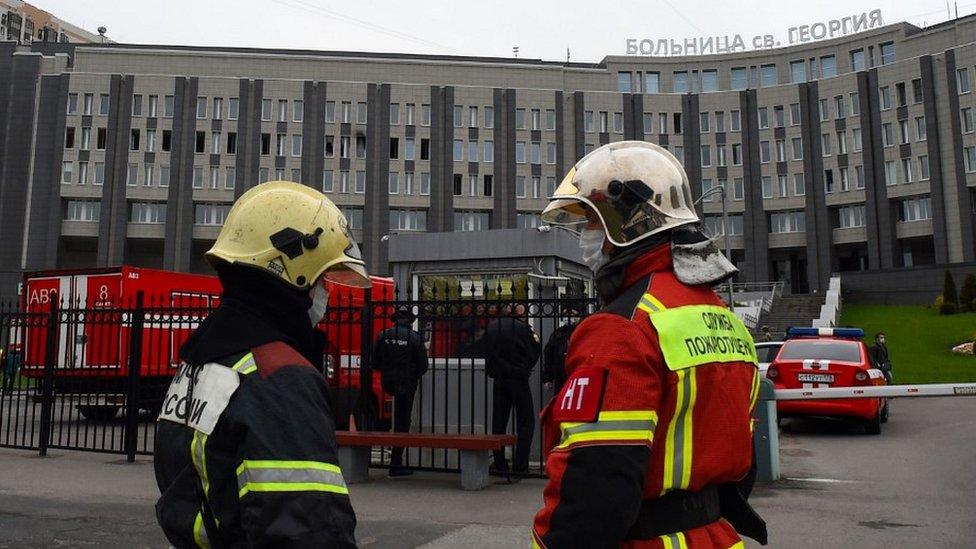
- Published11 May 2020
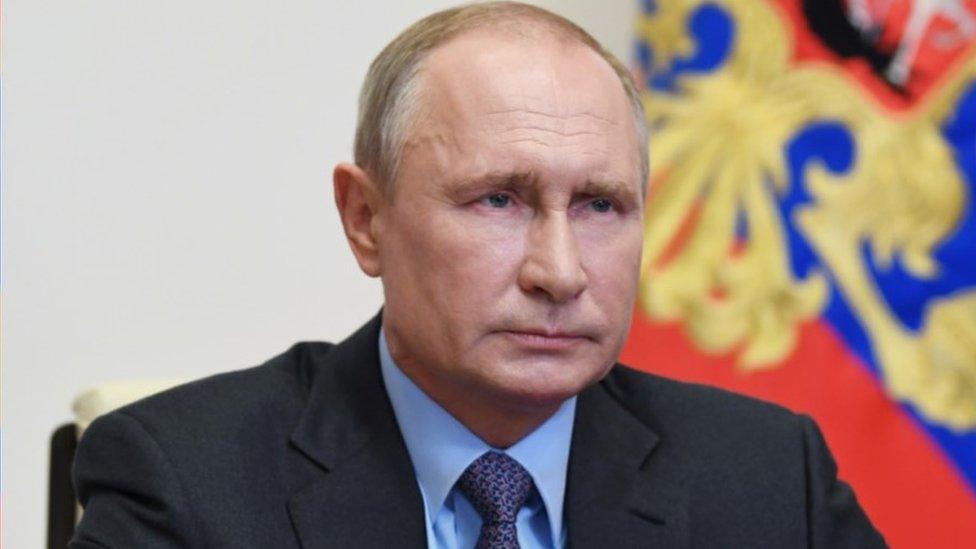
- Published9 May 2020
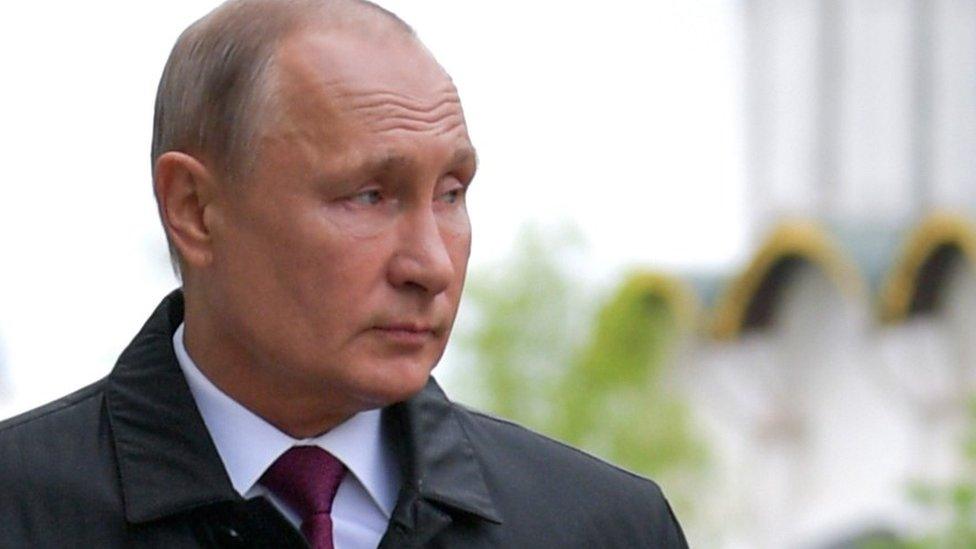
- Published22 April 2020
